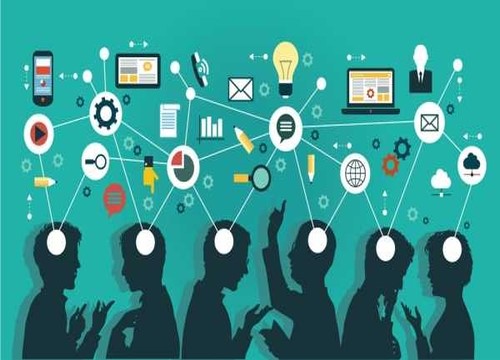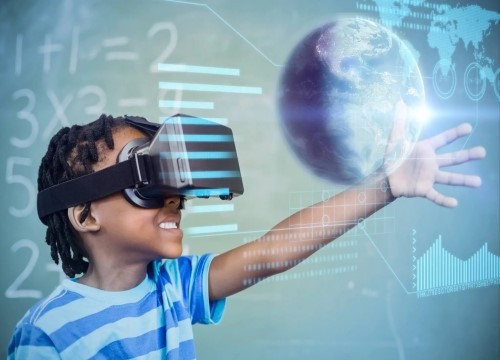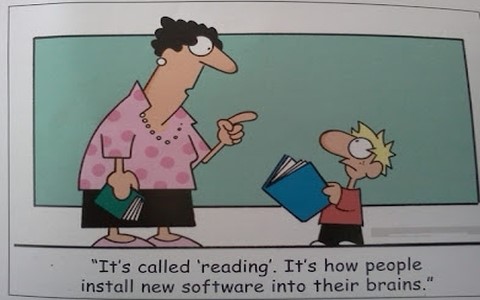The education sector is on the cusp of a revolution, driven by the rapid emergence of innovative technologies. Education, once confined to traditional classrooms and textbooks, has witnessed a paradigm shift in recent years. The advent of emerging technologies has catalyzed a revolution in the educational landscape, offering innovative tools and methodologies that redefine the learning experience. From Artificial Intelligence (AI) and Virtual Reality (VR) to Machine Learning (ML) and Augmented Reality (AR), Big Data and Deep Tech technologies IoT, Quantum Computing, these technologies have begun reshaping education, fostering engagement, personalization, and accessibility like never before. Technology has fundamentally reshaped the way we learn and acquire skills.
Lets delve into the exciting world of integrating emerging technologies into education, exploring its potential to create a more engaging, effective, and accessible learning experience for all.
Benefits Beyond the Classroom Walls
The integration of emerging technologies extends far beyond the physical classroom, creating a truly connected learning ecosystem crucial for the 21st century:
-Accessibility and Inclusivity: Technologies like text-to-speech software and closed captioning can bridge the gap for students with disabilities, fostering inclusivity and ensuring equal access to education.
-Global Collaboration: Online platforms and virtual exchange programs allow students to connect and collaborate with peers across the globe, fostering intercultural understanding and preparing them for a globalized world.
-Lifelong Learning: Online learning platforms and educational apps provide convenient and flexible access to educational resources, empowering individuals to pursue lifelong learning at their own pace and convenience.
-Personalized Learning and Adaptive Platforms: Emerging technologies enable personalized learning experiences tailored to individual student needs. AI-powered adaptive learning platforms analyze student's learning patterns and adapt content delivery, pacing, and difficulty levels accordingly. These platforms track progress, identify strengths and weaknesses, and offer customized learning pathways, optimizing comprehension and retention.
-Critical Thinking and problem solving: By working with AI and other emerging technologies, you nurture and refine your critical thinking and problem-solving skills, you unlock a powerful toolkit for navigating life's challenges and achieving success in your chosen endeavors. Remember, these skills are not innate talents, but rather, abilities that can be cultivated and honed through practice and dedication. So, embrace the dynamic duo within you, and watch your abilities flourish!
-Global Connectivity: Emerging technologies foster global connectivity, breaking down geographical barriers. Collaborative platforms, virtual classrooms, and online forums facilitate communication and collaboration among students and educators worldwide. This interconnectedness broadens perspectives, encourages cultural exchange, and promotes diverse learning experiences.
-Remote Learning: Remote learning is not a replacement for traditional classroom settings, but rather a valuable tool that can complement and enhance education. As technology advances and challenges are addressed, remote learning will continue to evolve and play a significant role in shaping the future of education ensuring access to education for those in remote areas or facing physical limitations, democratizing learning opportunities.















